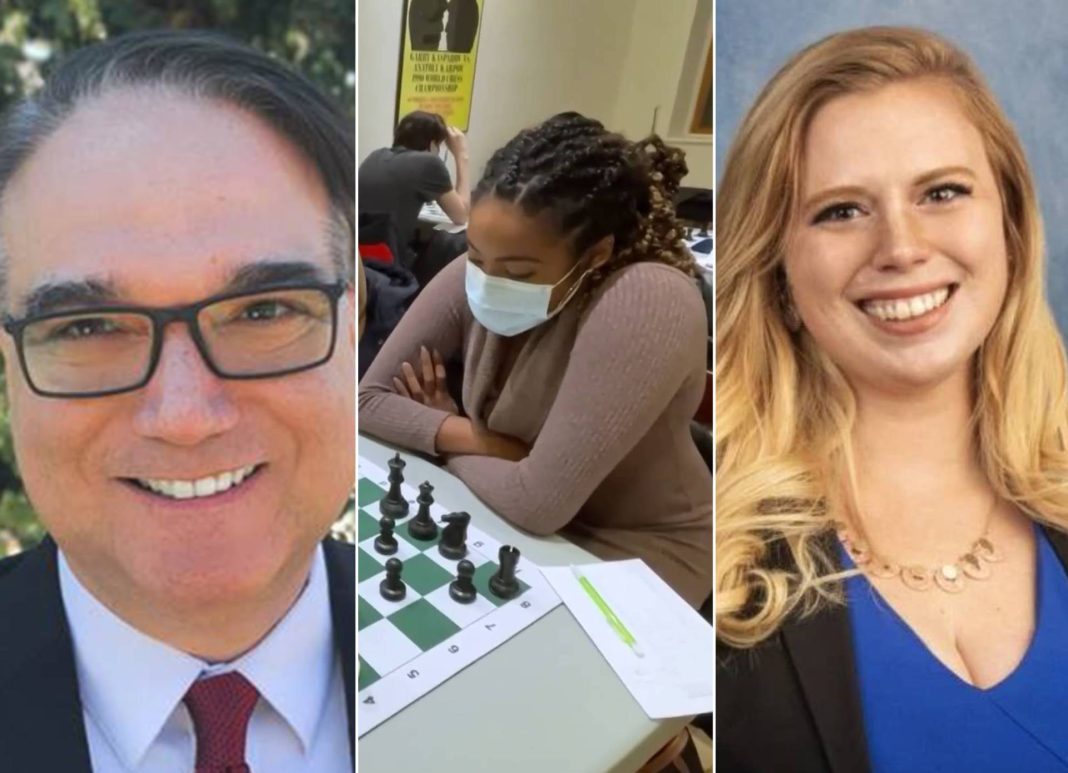Tony Varona was unceremoniously dismissed as dean at the University of Miami Law School in late May 2021 when he was only two years into a five-year contract, but Varona found little trouble landing a new deanship.
Seattle University School of Law, on the complete other side of the country, appointed him as dean and he will start July 1.
“I am elated by the opportunity to serve as Seattle U Law’s next dean, because this is an extraordinary law school, with a superb faculty comprised of first-rate scholars and teachers and a talented and student-centered staff,” Varona said. “The students are well-rounded and richly diverse, and they graduate to serve as distinguished and justice-minded practitioners and judges, entrepreneurs, and public servants, throughout the Pacific Northwest and the nation.”
Julio Frenk, the president of the University of Miami, terminated Varona without consulting with the law faculty, which is a standard practice. The only stated reason for Varona’s removal was a lack of fundraising.
—————————————————————
New York University Law student Rochelle Ballantyne is on a quest to become the first Black American female chess master.
Ballantyne, who has three jobs and is interning for the NAACP Legal Defense Fund in addition to being a full-time law student, has been trying to gain master status for more than 10 years. In 2012, she was the lone female subject of a documentary called “Brooklyn Castle” about the chess program at her low-income middle school in New York City. Master status is bestowed upon players who obtain a score of 2200; points are earned through tournament competition (she has a GoFundMe page set up to help cover travel and tournament expenses). Ballantyne’s current rating is 1962, which qualifies her as a chess expert. According to Tony Rich, the executive director of the St. Louis Chess Club, her play is so consistent that she could hit the master mark by June.
“First and foremost, it’s for my grandma,” Ballantyne said in an interview with Reuters. “Secondly, there’s so many more black girls, little black girls playing chess now, and it’s so cool to inspire them.”
She notes how it was her late grandmother who instilled the love of chess in her as a “rowdy” eight-year-old, and she hopes to be an example for her 10-year-old sister, to show that “there isn’t anything she can’t do if she works hard enough to do it.”
Ballantyne says that both racism and sexism have been omnipresent during her journey, from being mistaken for “the help” at tournaments to being told to dress more conservatively to not “distract the boys.”
“Race always matters,” she says. “And I think more people should understand that and recognize the effects of race in every aspect of our life, not just chess.”
—————————————————————
A Nebraska bar examinee was callously removed from her bar exam after recording a temperature of 101 degrees.
Alaina Arroyo, a graduate of Creighton University School of Law, says she arrived at the facility at 7:15 am. Because no one from the health department was yet onsite to take her temperature, per the jurisdiction’s prescribed COVID-19 safety plan, she was directed to a private room, allowed because of a medical accommodation for ADHD.
Arroyo was 20 minutes into her bar exam when a health official entered the room and took her temperature. When the reading showed 101 degrees, the official proclaimed, “You’re done. Get out,” and Arroyo was removed from the room and forced to abandon her exam entirely.
Four hours later, Arroyo’s temperature registered at 98 degrees, and she produced a negative at-home COVID-19 test. She expressed dismay that the state didn’t require negative COVID-19 tests of all participants, given that she must now wait until the next testing cycle to retake the bar exam.
“I think that would have prevented a lot of problems,” she says. “There are plenty of reasons why someone might have a low fever when taking a test. If we could have eliminated the possibility it was COVID, that probably would have saved my entire situation.”

